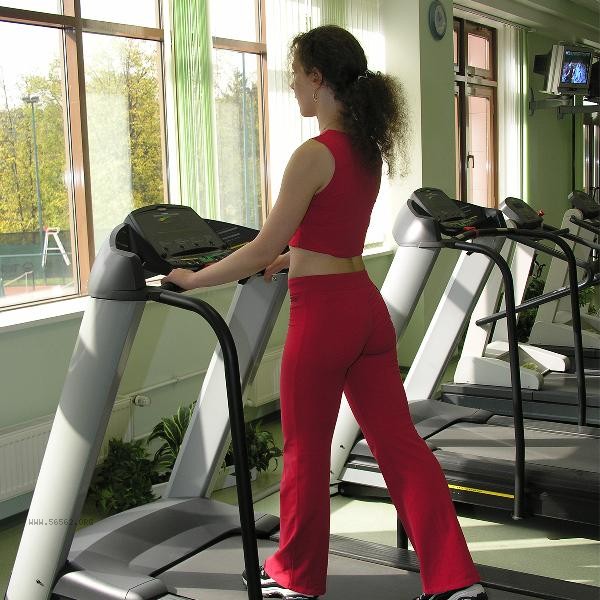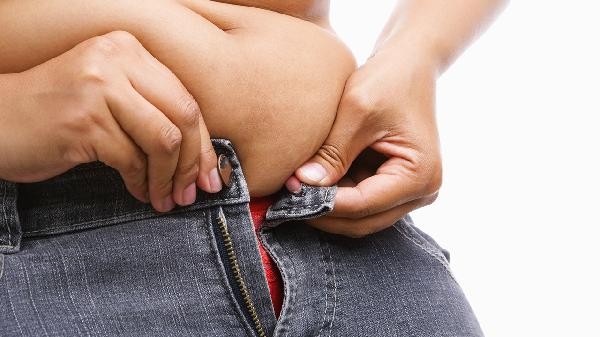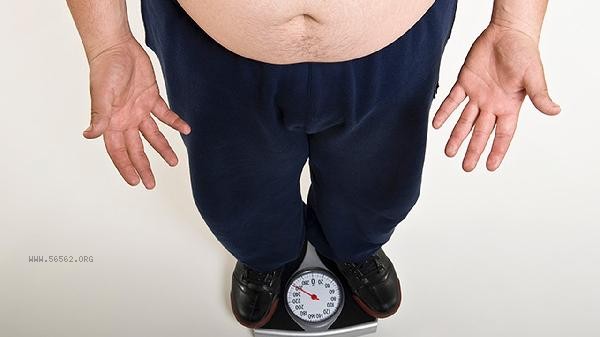Muscle soreness during weight loss can be relieved through hot compress massage, protein supplementation, moderate stretching, adequate sleep, low-intensity exercise, and other methods. Muscle soreness is usually caused by lactic acid accumulation, minor muscle damage, excessive exercise intensity, electrolyte imbalance, inflammatory reactions, and other reasons. Muscle soreness after exercise is a normal physiological phenomenon, and hot compress massage can promote local blood circulation, accelerate lactate metabolism, and alleviate muscle stiffness. It is recommended to apply a warm towel to the sore area and use gentle pressing techniques for about 15 minutes each time. Supplementing protein can help repair damaged muscle fibers, and high-quality protein sources such as chicken breast, egg white, and whey protein powder can be chosen. Supplementing within 30 minutes after exercise has a better effect. Moderate stretching can relax tense muscle groups, with a focus on static stretching of sore areas. Each movement should be maintained for 20 seconds, and attention should be paid to avoiding secondary damage caused by bouncing stretching.

Adequate sleep increases the secretion of growth hormone in the human body, which can accelerate muscle tissue repair. It is recommended to ensure at least 7 hours of high-quality sleep per day. Low intensity exercise such as slow walking, swimming, and other active recovery methods can promote the clearance of metabolic waste without increasing muscle burden. If the soreness persists for more than 72 hours or is accompanied by joint swelling, there may be a risk of muscle strain, and training should be suspended and medical examination should be sought. Daily attention should be paid to fully warming up before exercise, organizing activities after exercise, and gradually increasing training intensity.

During weight loss, it is recommended to adopt a high low intensity alternating training mode to avoid continuous strength training in the same area. Increasing the intake of vitamin C and omega-3 fatty acids in diet, such as kiwifruit and deep-sea fish, can help alleviate inflammatory reactions. Maintain a daily intake of 2000 milliliters of water to promote the elimination of metabolic waste, and choose beverages containing electrolytes to prevent dehydration during exercise. Record training logs to monitor physical reactions, adjust training plans promptly when persistent soreness occurs, and consult professional fitness coaches or rehabilitation physicians for guidance if necessary.










Comments (0)
Leave a Comment
No comments yet
Be the first to share your thoughts!